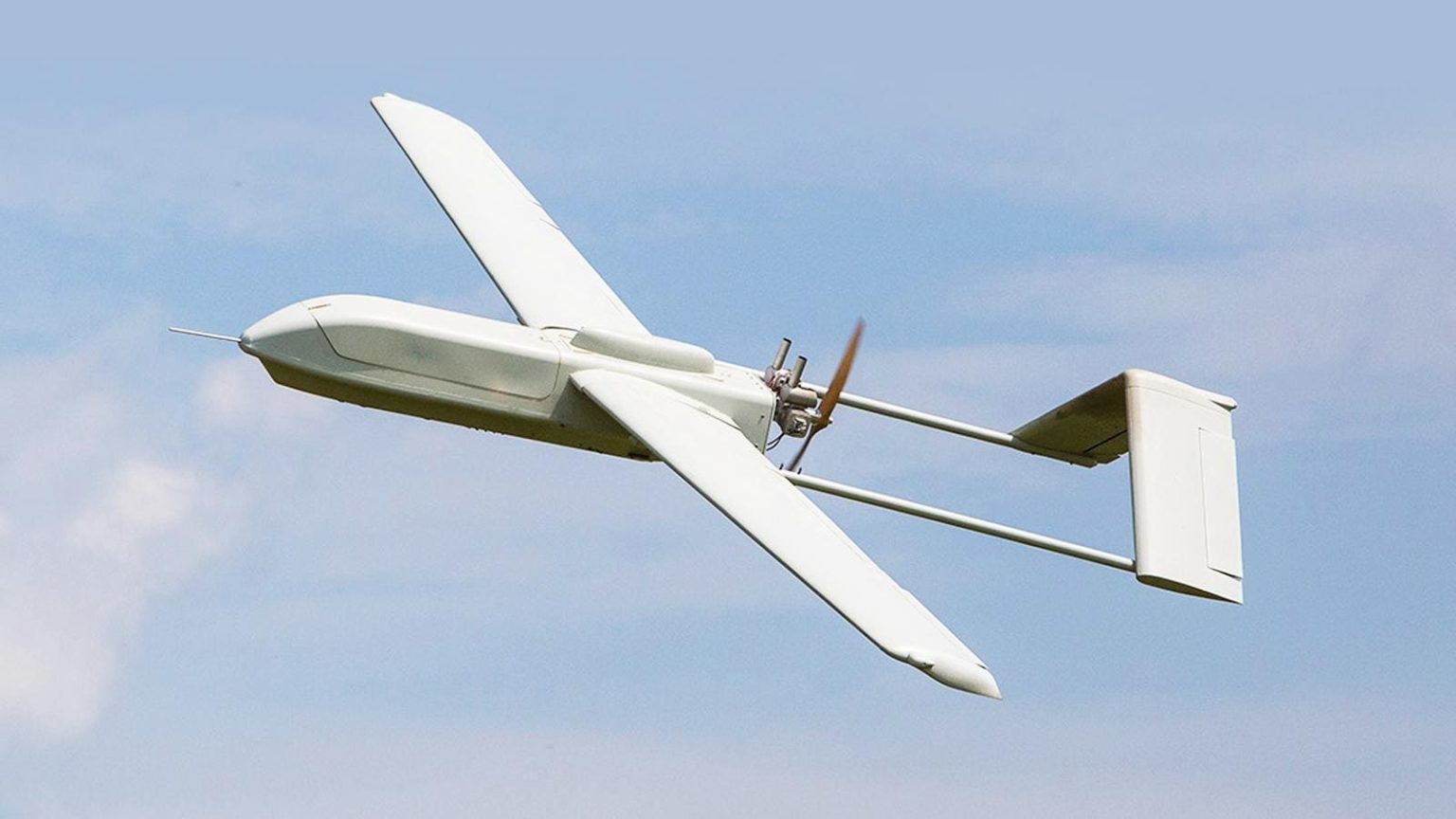Aevex Aerospace, a previously obscure defense contractor, has emerged as a key player in the ongoing Ukraine conflict, supplying thousands of Phoenix Ghost drones. Operating from an unmarked factory in Tampa, Florida, the company has prioritized secrecy due to security concerns surrounding the supply of weapons to Ukraine. This clandestine operation has involved removing identifying marks from drone components and meticulous cleaning to eliminate any trace of fingerprints or DNA, underscoring the high-stakes nature of their work. Aevex’s rapid ascent from a small contractor with no prior drone manufacturing experience to a major supplier of these crucial aerial weapons reflects the changing dynamics of modern warfare and the increasing demand for rapidly deployable, cost-effective military technology.
The Phoenix Ghost program’s origins lie in the urgent need for weaponry in the early stages of the Russian invasion. The Pentagon issued a broad request for proposals aimed at halting the Russian advance, prompting Aevex to partner with Tribe Aerospace, a company specializing in replica enemy drones. Their initial offering, the Dagger, a relatively simple drone constructed from a cardboard tube and carbon fiber, proved surprisingly effective. Despite its low cost, the Dagger drew fire from expensive Russian air defense systems, disrupting their operations and proving a valuable asset to the Ukrainian forces. This early success paved the way for subsequent models, including the Disruptor and Dominator, reflecting an iterative design process driven by battlefield feedback and the need for increased range and payload capacity.
Aevex’s success is rooted in its agility and adaptability. Unlike larger, established defense contractors, Aevex has demonstrated the ability to rapidly develop and modify drones to counter evolving Russian tactics. This responsiveness has allowed them to remain ahead of the curve, constantly improving their products based on real-world performance data. The company’s experience in counter-UAS systems and enemy threat analysis has further informed their designs, leading to quieter, less detectable drones capable of operating with increased stealth. This iterative development cycle, coupled with a focus on affordability and ease of assembly, has made their drones particularly well-suited to the fluid and demanding conditions of the Ukrainian battlefield.
The evolution of the Phoenix Ghost drones mirrors the changing nature of the conflict itself. As the war shifted from rapid tank advances to entrenched warfare, the need for the Dagger diminished. Aevex responded by developing the Disruptor and Dominator, larger, longer-range drones capable of striking targets deep behind enemy lines. These drones, while lacking the sophisticated targeting capabilities of more expensive alternatives, offer a significant advantage in their ability to deliver large payloads over long distances, disrupting logistics and supply lines. Their simple design and ease of deployment make them readily adaptable to the mobile nature of modern warfare, allowing Ukrainian forces to quickly launch attacks and minimize their exposure to enemy counter-fire.
Aevex’s commitment to the Ukrainian cause extends beyond the supply of drones. The company includes care packages for Ukrainian troops alongside their equipment, demonstrating a personal investment in the conflict’s outcome. This dedication reflects a broader sentiment within the company, viewing the Ukrainians not merely as customers but as partners in a shared struggle. This sense of shared purpose underscores the human element often overlooked in discussions of military technology, highlighting the personal connections and motivations driving the development and deployment of these vital tools.
Looking ahead, Aevex is poised for continued growth, fueled by the rising global demand for unmanned aerial systems. The company’s acquisition of Tribe Aerospace and Veth Research Associates signals a strategic focus on expanding its technological capabilities and developing more sophisticated drone systems. While the future of U.S. aid to Ukraine remains uncertain, Aevex is confident in its ability to secure contracts with both domestic and international clients. The lessons learned and the technology developed in the crucible of the Ukrainian conflict have positioned Aevex as a key player in the rapidly evolving landscape of drone warfare, with its sights set on becoming a leading supplier of these increasingly critical military assets. The company’s adaptability, combined with its commitment to innovation, suggests that Aevex is well-positioned to capitalize on the growing demand for unmanned aerial systems in the years to come.

